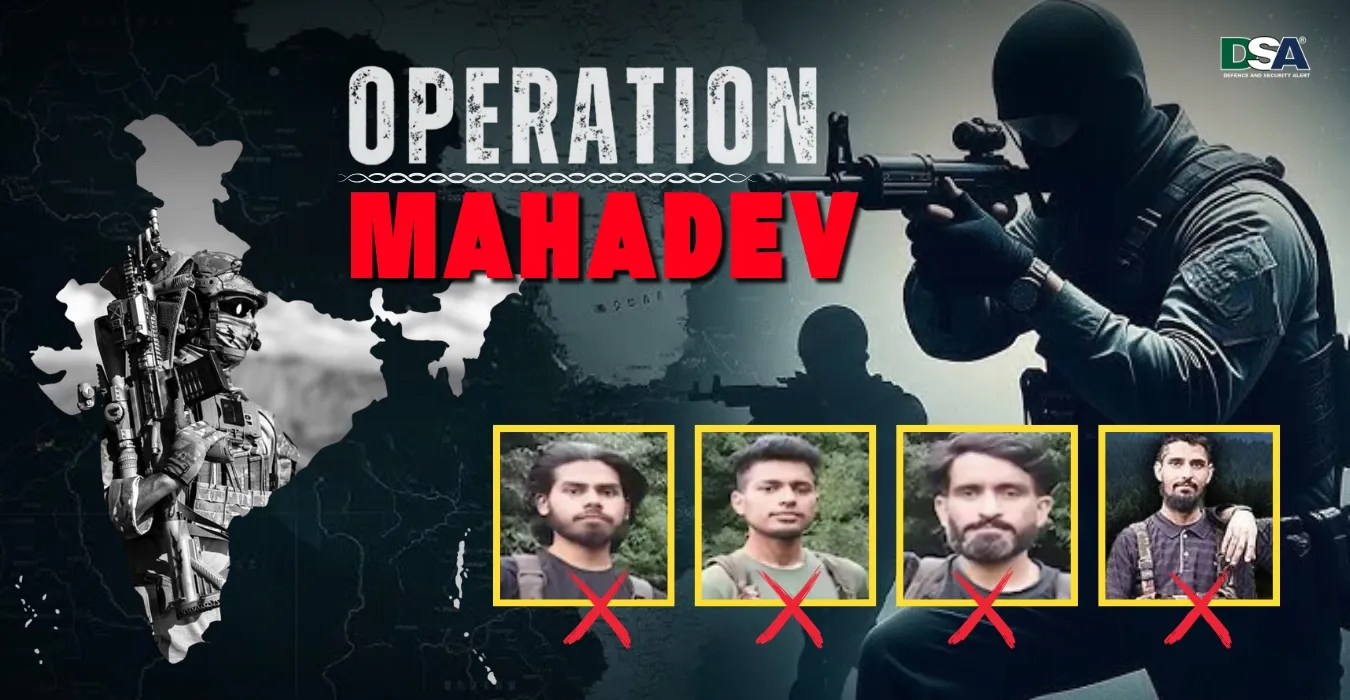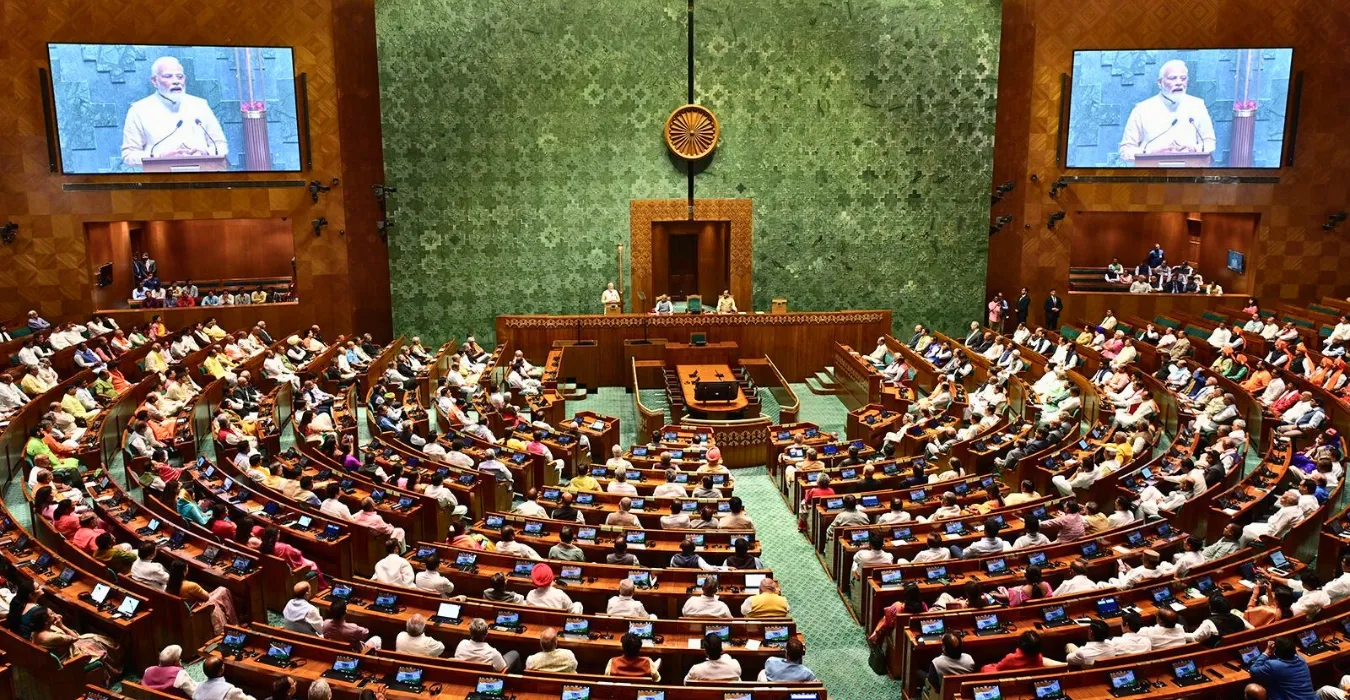DSA Correspondent
Operation Mahadev: Mastermind of Pahalgam Attack Killed in Precision Strike
In a major counter-terror operation, the Indian Army on Monday (July 28) successfully killed three terrorists responsible for the brutal Pahalgam attack that claimed 26 lives in April this year. The operation, code-named Operation Mahadev, was carried out in the Lidwas area of the Dachigam forests in Jammu and Kashmir by the Indian Army's Chinar Corps, along with the Jammu and Kashmir Police and CRPF.
Among the three terrorists killed was Hashim Musa alias Suleiman, a top Lashkar-e-Taiba (LeT) commander and the mastermind behind the Pahalgam attack. The other two, identified as Yasir and Abu Hamza, were also foreign terrorists affiliated with LeT.
The operation was hailed as a major success by both security forces and citizens. Families of the April 22 victims expressed relief, though they admitted the pain would remain forever. “We are proud of the Indian Army. Now we can sleep a little better,” said the widow of a slain jawan.
How the Terrorists Were Tracked and Killed
Security forces had been searching for the perpetrators since the April 22 attack. The breakthrough came two weeks ago when they detected suspicious radio communication using a Chinese ultra radio device — commonly used by LeT terrorists for encrypted messaging. These radios were also used during the planning of the Pahalgam attack.
Two days before the strike, the same device became active again. This helped forces trace the location to the Dachigam forest area. Local nomads also provided important clues.
Once the exact location was confirmed, a drone was launched to capture visuals. After locating the terrorists, a team from the Rashtriya Rifles (RR) and Para Special Forces climbed the Mahadev hill and launched a swift surprise attack at 11:30 am. The terrorists were caught unaware — reportedly while napping — and were neutralised in under an hour.
By 12:45 pm, their bodies had been identified and photographed. A two-kilometre cleansing operation followed to ensure no threat remained.
Weapons Found, Nation Reacts
During the post-operation search, the forces found a US-made carbine, an AK-47, 17 rifle grenades, and cooking utensils. Rifle grenades, which are deadly explosive projectiles launched from rifles, showed that the terrorists were well-equipped and possibly planning more attacks.
J&K Lieutenant-Governor Manoj Sinha congratulated the Army, CRPF, and Police. “Such operations have been going on for months. Terrorists are being eliminated,” he said.
Victims' families, like Vikas Kumrawat, who lost his brother in the April attack, expressed deep satisfaction. “The army’s action is a big achievement,” he said.
The Meaning Behind ‘Mahadev’
The operation’s name — Mahadev — holds special value. It refers to the Mahadev peak in the Zabarwan Range, near where the encounter took place. The area is also spiritually important as, according to Kashmiri folklore, Lord Shiva passed through it on his way to the Amarnath Cave.
Thus, Operation Mahadev was not just a tactical strike, but also a spiritual and symbolic victory — a message that terror will not be tolerated in the land of the divine.

-min.webp)
-min.webp)


.webp)





 9958382999
9958382999
